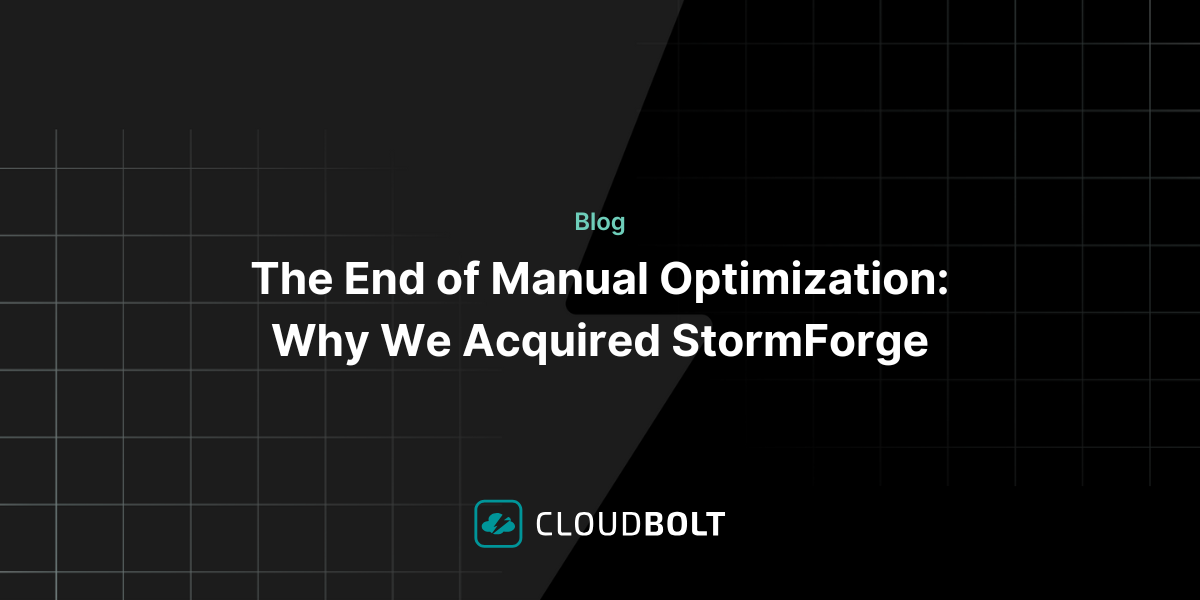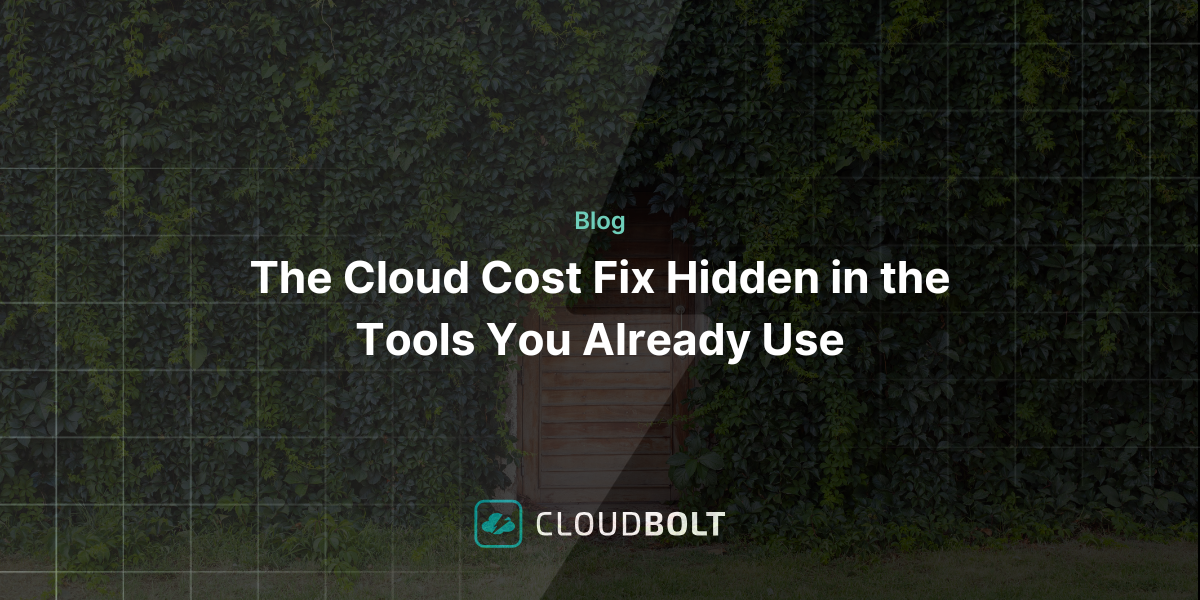Enterprise Hybrid Cloud Architects
Hybrid cloud initiatives are now part of most modern enterprises. As a result, effective approaches for anything from storage to big data as a service have expanded from being mainly for solution architects to becoming part of the enterprise-wide IT department. The main focus of any hybrid cloud initiative is to provide a best-fit deployment of IT elements in the right environment whether on premises, in a private cloud, or from a hosted public cloud environments. Now there are many architects designing the infrastructure.
Solution Architects
Solution architects typically handle the most critical, revenue-generating applications in the enterprise. Application performance is paramount for the enterprise to respond to digital business requirements, and their digital presence is now more important than the physical, a reversal of where business used to take place.
Think of the just the banking industry — almost all business has shifted from walk-in locations almost exclusively online. You can now sign and acquire a mortgage without stepping out of the house.
Solution architects must design for mobile apps, websites, and internet of things (IoT) devices that run the business and they must always be thinking about how to deliver value faster. They should be keen on innovating and reducing the amount of overhead required for a fine-tuned distributed application architecture that scales on demand.
Without a hybrid cloud approach, solution architects will fall behind the competition. Adopting a hybrid cloud approach works toward maximizing resources without compromising performance. The most successful solution architects figure out how to match the right capacity at the right time for who needs it the most.
One of the best practice implementations for hybrid cloud is to allow for bursting when demand spikes. With this architecture, a load balancer can direct some web traffic to a server location that might be scaling in a public cloud on demand. Some of the backend resources that support that app can also be scaled similarly.
IT Architects
IT architects work with the nuts and bolts of the enterprise, focusing mainly on the infrastructure and network capacity to serve the needs of all aspects of the private and public networking for all teams within the organization. Their work is associated with both the internal supporting applications and the external revenue-generating applications.
IT architects are typically the gatekeepers of all IT resources and must ensure quality and evaluate new technologies before implementing them in a production setting.
As many enterprises are looking to migrate all or parts of their data centers to public cloud provider environments, savvy IT architects adopt a hybrid cloud approach that recognizes which infrastructure is best suited for the cloud and what should remain on-premises. They want visibility and control so that they can address any IT issue without having to painstakingly track down additional problems that may arise from loosely governed ad-hoc environments, sometimes referred to as shadow IT.
Cloud Architects
Some enterprises have cloud architects who assist with both the solutions and IT architect teams. This dedicated role can emerge from either of these teams in order to provide more of a deep dive into understanding the specific cloud provider platforms so that they can make recommendations for application development and deployment, as well as options for storage and big data processing.
Enterprises benefit from having the expertise of a cloud architect who can keep up with the latest trends in cloud computing technologies from multiple vendors. They can provision, test, and manage cloud solution infrastructure from any environment and can weigh the pros and cons of different cloud solutions. Cloud architects can be involved in any legal contractual negotiations with providers and the procurement process.
They’ll be who the enterprise calls to make that sure any hybrid cloud solution is designed with both security compliance and high performance in mind.
CloudBolt for Enterprise Hybrid Cloud Initiatives
Leaders in enterprise IT know that having a centralized platform for managing the provisioning of all IT resources can make a big difference in managing hybrid cloud complexity and delivering value faster.
CloudBolt provides an optimal hybrid cloud platform that is vendor agnostic and has a plugin architecture for extensibility to almost any environment that has an API. Any of the three architects described in this post can take advantage of the CloudBolt platform for centralized visibility and control of any resource they want to consider as part of the architecture that they manage.
To understand more about how CloudBolt’s platform can help any hybrid cloud architect, check out our Product Overview
Related Blogs

The End of Manual Optimization: Why We Acquired StormForge
Today is a big day for CloudBolt—we’ve officially announced our acquisition of StormForge. This marks a major milestone for us…

